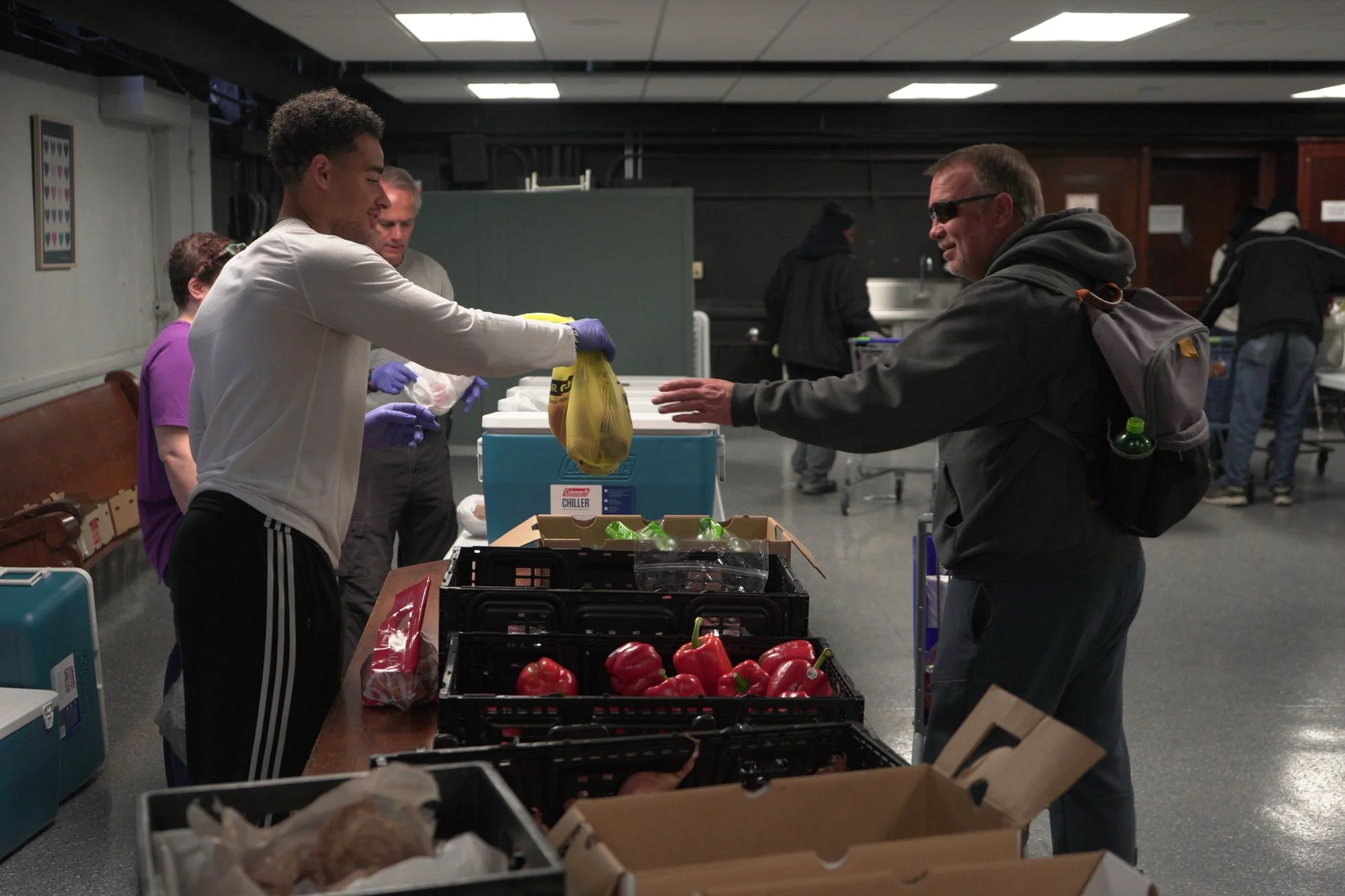Copyright independent

Nearly 42 million Americans and their families who rely on federal food assistance will not receive aid on November 1 without urgent funding from Congress, according to Donald Trump’s administration. A notice on the Department of Agriculture’s website claims “the well has run dry” for the Supplemental Nutrition Assistance Program — and explicitly blames Senate Democrats for the ongoing impasse in Congress over a temporary funding measure that would end the federal government shutdown, which is now stretching into a fifth week. The message, echoing the recent wave of partisan attacks on government websites, states “there will be no benefits” November 1. The Trump administration also does not plan to tap into billions of dollars in emergency funds to keep benefits running into next month — marking a reversal from the USDA’s position just weeks earlier. That contingency plan, which was issued last month, said the agency would rely on a multi-year contingency plan to continue supporting SNAP. It has now been removed from the USDA’s website. “Bottom line, the well has run dry,” according to the latest notice. “At this time, there will be no benefits issued November 1. We are approaching an inflection point for Senate Democrats.” SNAP funds, which are distributed by the federal government to states each month, were administered through October because funding for the program was allocated before the shutdown began October 1. But in a letter October 10, the program’s acting administrator Ronald Ward claimed that benefits for funding would stop flowing to states if the shutdown continued past the end of the month. “As stated in our lapse of appropriation correspondence dated October 1, 2025, SNAP has funding available for benefits and operations through the month of October,” he wrote. “However, if the current lapse in appropriations continues, there will be insufficient funds to pay full November SNAP benefits for approximately 42 million individuals across the nation.” SNAP recipients receive roughly $188 per person per month, or about $6 per day. Those funds are administered on prepaid cards that can be used for grocery store staples. The program provides roughly nine meals for every one meal provided by a food pantry, according to advocates. Food banks across the country were already reporting greater demands for food assistance than what they saw even at the height of the COVID-19 pandemic. Community food pantries were already stretched thin from years of rising food costs and growing food insecurity, with more than 47 million Americans at some point within the last year not having enough food to eat or knowing where their next meal is coming from, according to the USDA’s most recent report. Now they’re bracing for impact as millions of people stand to lose critical benefits that keep families out of hunger. Feeding America, which supports more than 200 food banks across the country, called on USDA Secretary Brooke Rollins and officials to “use all available avenues to protect families impacted by the ongoing shutdown, without delay.” “We are not alone in our understanding that families everywhere are on the brink of, or have already been forced to make, impossible choices between food and other necessities like housing and health care,” Feeding America CEO Claire Babineaux-Fontenot said in a statement. “The most challenging and heartbreaking situation for staff members and volunteers is when the pantry shelves are empty, and they must turn people away — veterans, seniors, families with young children,” she said. “Yet, with increasing demand and the high cost of food, this is already the harsh reality for so many and, without immediate action, will become a reality for countless more people across the country.” Feeding America groups and food banks across the country are warning SNAP recipients that the government is now preparing to pull the plug on the program, and that food pantries “do not have the resources to substitute SNAP benefits.” State governments, forced to come up with millions of dollars to keep the program running, are unlikely to fully fund SNAP without sacrificing major cuts in their budgets. More than 451,200 people in New Mexico receive SNAP, or roughly 21 percent of the state, which has the highest proportion of SNAP recipients among its residents. The state stands to lose roughly $90 million from federal SNAP funds that support those households. In Louisiana, which has one of the highest poverty rates in the nation, more than 847,000 people receive SNAP. Republican Governor Jeff Landry declared a state of emergency that would “help fund” the program for roughly 565,000 people, most of whom are children. “Taking away SNAP benefits from Louisiana families during the month of Thanksgiving is cruel,” Louisiana Democratic Rep. Troy Carter said in a statement. “Yet our counterparts refuse to come to work and do their jobs to work with Democrats and keep the government open.” State officials and advocacy groups are pressing the Trump administration to act, arguing that the federal government has authority to tap into emergency contingency funding that USDA now says is off the table. “No family should go hungry because of dysfunction in Washington,” said New York Attorney General Letitia James, whose state supports 3 million people on SNAP. In a letter to the USDA, James and 22 other state attorneys general called on the agency to pull from at least $6 billion in contingency funds that were already appropriated by Congress “for precisely this purpose,” they wrote. “We want to be crystal clear: USDA has both the funding and the legal authority to prevent 42 million Americans from going hungry during this shutdown,” according to Crystal FitzSimons, president of the Food Research & Action Center, a food policy and advocacy group. “The claim that the Trump administration cannot deliver November SNAP benefits is unequivocally false,” she said. “This is a disaster. The government doesn’t need to wait for a hurricane or flood to act; hunger is a national emergency. It’s also one that the administration can prevent.” Letting people go hungry “isn’t an accident — it’s a political choice,” she added. The USDA’s message, which appears in a large brown pop-up box on the government website, echoes misleading language from administration officials who claim that Democrats in Congress are holding the government hostage over federal funding for healthcare for undocumented people and transgender Americans. Senate Democrats “can continue to hold out for healthcare for illegal aliens and gender mutilation procedures or reopen the government so mothers, babies, and the most vulnerable among us can receive critical nutrition assistance.” Democrats have sought to pressure Republicans to extend Affordable Care Act subsidies that are set to expire at the end of the year, warning that health insurance premiums will sharply increase without them. Senate Democrats introduced a separate stopgap funding measure that would have funded the government through the end of the month and extended those subsidies. That measure failed.



